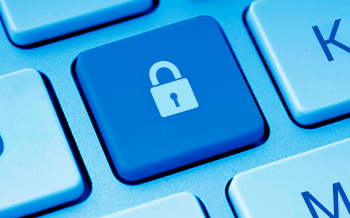
This cyberattack scheme hasn't garnered nearly as much attention as the usual "break-in-and-steal-data-to-sell-on-the-Internet version," but it can be even more debilitating. Ransomware attacks have begun appearing in the last few years and its practitioners are so polished that in few cases they even have minicall centers to handle your payments and questions.
So what is ransomware? Ransomware stops you from using your PC, files or programs. The business model is as old as the earliest kidnapping. They hold your data, software, or entire PC hostage until you pay them a ransom to get it back. What happens is that you suddenly have no access to a program or file and a screen appears announcing your files are encrypted and that you need to pay (usually in bitcoins) to regain access. There may even be a Doomsday-style clock counting down the time you have to pay or lose everything.
Interestingly, one of the more common "market segments" being targeted in the US has been public safety. Police department data is held hostage, and in many cases, they have given up and paid the ransom. They had little choice. They aren't the only ones. A hospital in Southern california also fell prey, as did one in Texas.
Ransomware can be especially insidious because backups may not offer complete protection against these criminals. Such new schemes illustrate why you need to have a professional security service that can keep you up to date on the latest criminal activities in the cyber world. Talk to an MSP about possible protections against ransomware.

Comments
Post a Comment